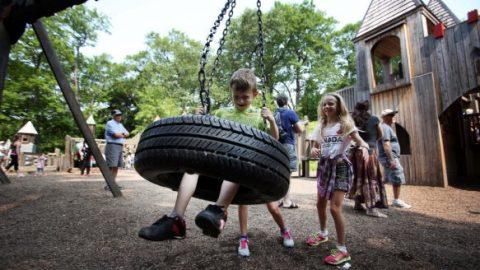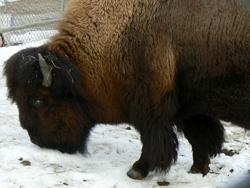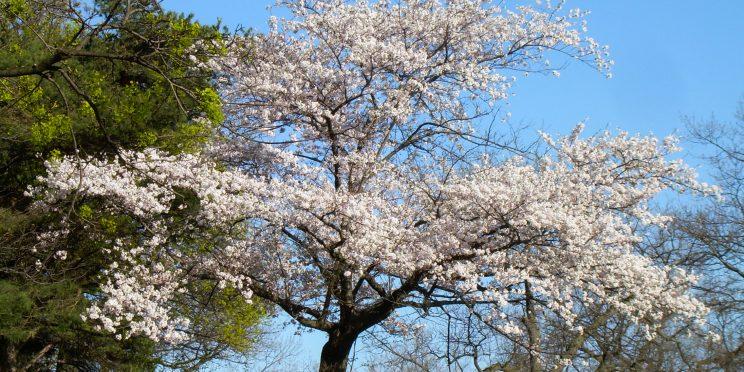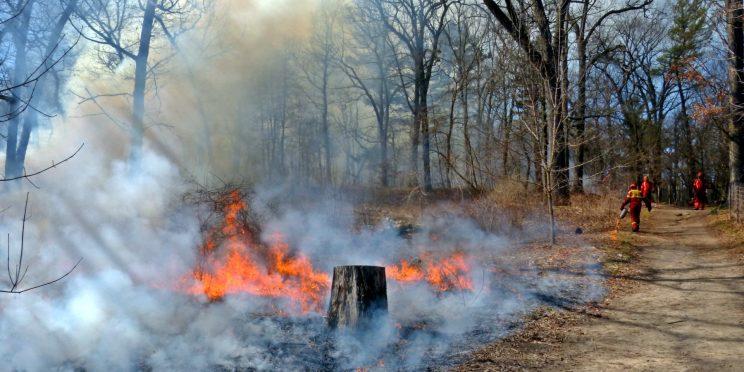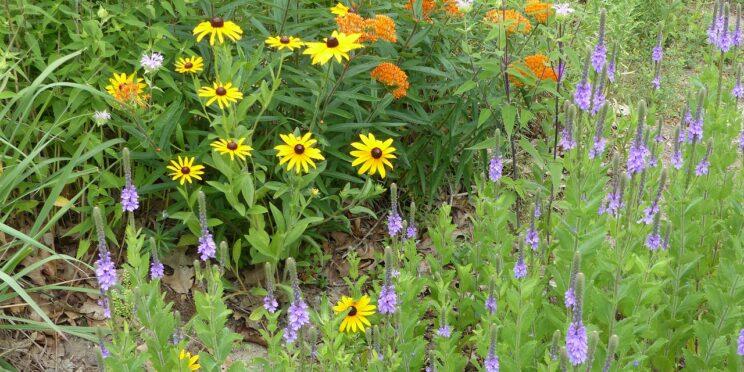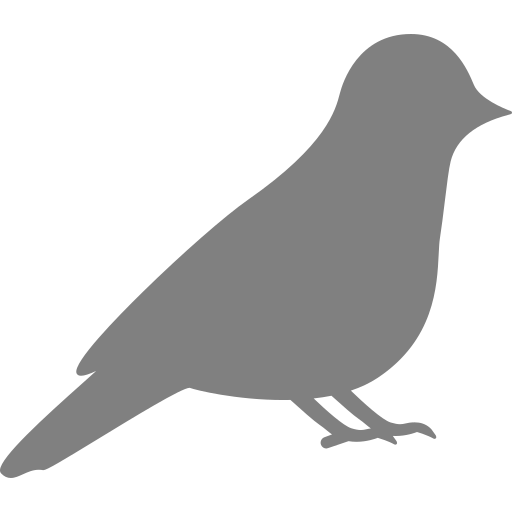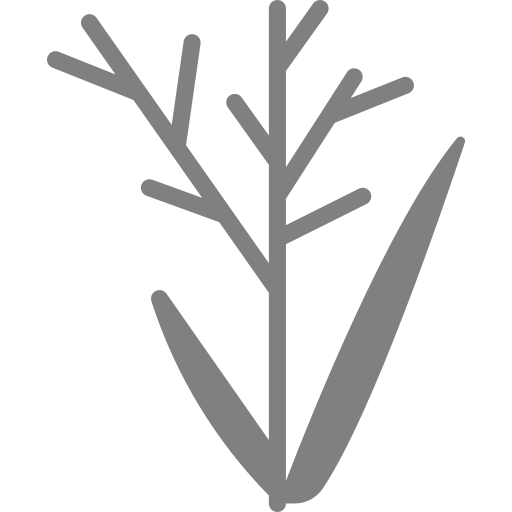A GUIDE TO
High Park Toronto
Scroll down for more details
Walking / Hiking / Connecting with Nature in High Park
Explore the wild side of Toronto's High Park, find out why it continues to be treasured through the centuries and has been called "a boon", "a jewel of Toronto's park system", "cathedral-like", "a living museum", "our connection to Toronto's wilderness past", and "an island in an urban setting".
Be inspired to love and protect High Park as we and numerous citizens, birdwatchers, hikers, naturalists, gardeners, parents, and photographers are.
- Guided walks in High Park
- High Park trails and other nature destinations
- On the High Park trails: birdwatching, nature photography and more
History and Culture Destinations of High Park
Colborne Lodge, Art Sculptures, Monuments and other features - find and visit them all.
Attractions and Facilities in High Park
Gardens and Cherry Blossoms, High Park Zoo, Parking and Trackless Train, Grenadier Restaurant, High Park for sports and for children
Groups and Programs found in High Park
Join a variety of nature inspired activities in High Park and find volunteer opportunities - fun-filled events and new friendships await you.
Maps of High Park
For more historical and specialized maps of High Park see also our dedicated section »
Guided Walks in High Park
Walking / Hiking / Connecting with Nature in High Park
For all its civilized appearance and recreational facilities, "there is still room for mystery and surprise [in High Park], for encounters with other living things or nothing at all, for city souls to be transported by wildness." And there is no better way to experience all corners of High Park than on foot, by walking the High Park trails alone, or with friends, or in a company of a guide.
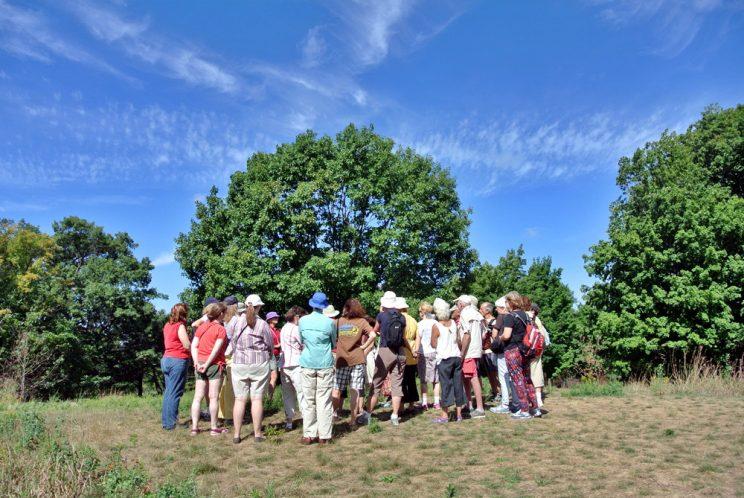
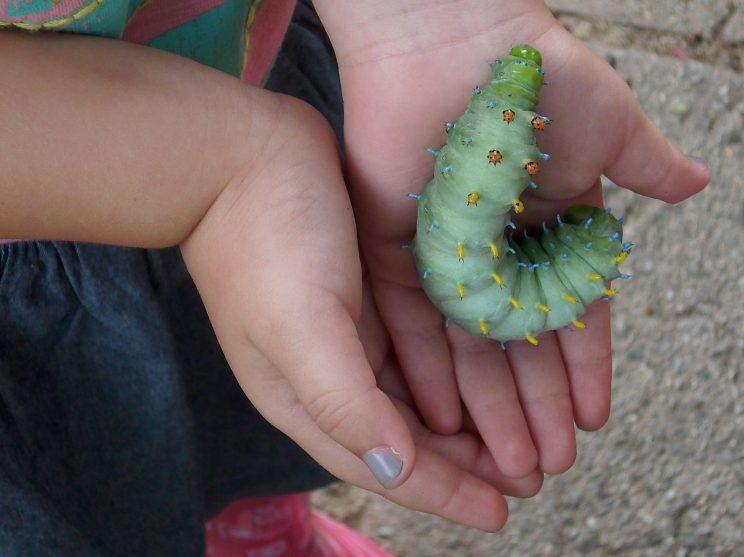
Online resources from High Park Stewards Nature-centred information and activities.
Sunday Walking Tours Each walk has a different theme and is led by volunteer scientists, historians, and local naturalists who will help you to understand and explore High Park’s many characteristic features.
Family Nature Walks by . Get outside and explore nature in High Park with your whole family! All ages alike will love this chance to discover the natural wonders in High Park’s incredible savannahs, woodlands and wetlands. Walks are led by amazing nature interpreters, as well as the High Park Rangers and the High Park Eagles Youth.
High Park Trails and Nature Destinations
Walking / Hiking / Connecting with Nature in High Park
Only at High Park can you still get a glimpse of the variety of habitats which once occurred throughout Toronto. It is our connection to Toronto’s wilderness past, but it has not escaped unscathed. It has lost more than half of its rare plant species over the last 90 years and one third of its nesting bird species over the last 50 years, as well as many of its rare insect species such as the Karner Blue butterfly. Despite the loss of natural areas to make way for other uses, High Park still supports a remarkable variety of rare flora and vegetation communities. Ongoing restoration efforts are helping to preserve what remains and to extend and improve the habitats of High Park for generations to come.
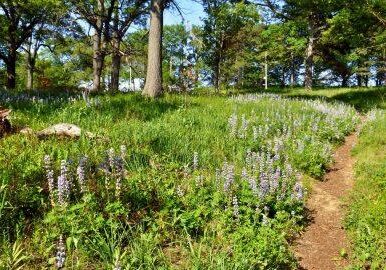
Black Oak Savannah
When people think of the pre-European settlement landscape of Ontario, they often think of forests. However, historical records show that a significant portion of Southern Ontario was actually prairie and savannah habitats.
High Park is the last sizeable natural area remaining on Toronto’s Iroquois Sand Plain. These sands were laid down on the shores of glacial Lake Iroquois, the larger version of Lake Ontario. The coarse, sandy soils allowed savannah plants to successfully colonize the plains. "A number of exquisite flowers and shrubs adorn these plains which rival any garden of beauty during the spring and summer months.” - Catherine Parr Traill
Today, High Park features a continentally rare black oak savannah, Toronto's living museum, with many prairie grasses and wildflowers. Learn more »
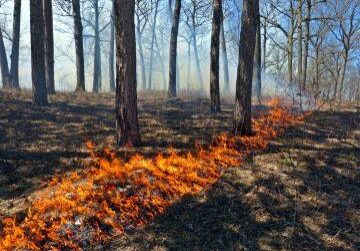
Friendly Fire
It surprises many people to learn that fire is the best gardener possible for the black oak savannah. The indigenous people who first lived here knew this. They were great observers and students of nature and they noticed that after wildfires swept across the land, the plants grew better and attracted more wildlife. Continue reading »
Black Oak Savannah | Prescribed Burns | Restoration
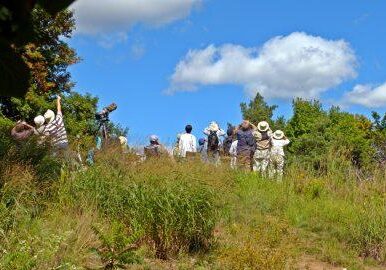
Hawk Hill
Every fall in High Park, you can count on two things. Migrating birds will pass overhead and people will come to watch them do it. The watchers gather on Hawk Hill, a small bump of earth rising just north of Grenadier Cafe. Although more than 150 different kinds of birds may pass through on their way south, people come to Hawk Hill particularly to watch the raptors. Learn more »
Hawk Watch
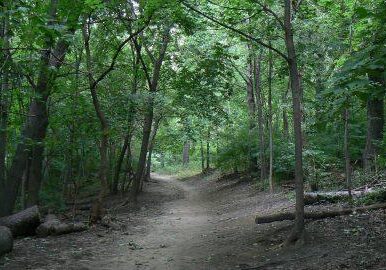
High Park Woodland and Ravine Trails
Treat yourself to a hike in the wilderness at the heart of a busy city. The Spring Creek Ravine and Western Ravine High Park nature trails will take you through the natural forest. The abundance and variety of native plants and wildlife will surprise and amaze you.
Access the Western Woodlands nature trail pictured here from Bloor St. across from Quebec Ave. or from the north end of Grenadier Pond. And please, remember to stay on the trail when you explore the Park's natural areas.
Ravines in High Park | Forests in High Park
Restoration Sites in High Park
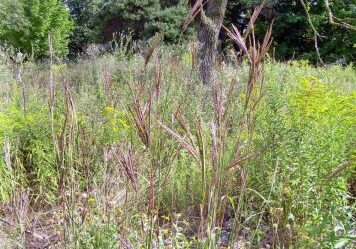
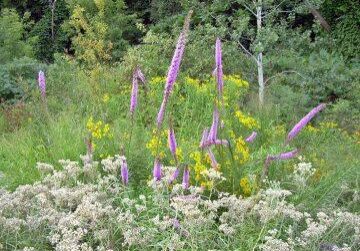
The Tablelands
Much of the area north of Grenadier Cafe has been restored to native prairie/savannah habitat. Learn more »
Other Restoration Sites
Many other areas of High Park's oak savannah and woodlands are undergoing restoration, including the North and East Savannahs, the Forest School hillside, the area near the All-Star Cafe, and the Western Woodlands. Much of the shoreline of Grenadier Pond has also been restored.
Boulevard Beds
This wildflower garden is located around the perimeter of the parking lot east of the Grenadier Cafe. This garden, created and maintained by volunteers, demonstrates how savannah plants can be used in a home garden. Learn more »
Volunteer in High Park | Restoration in High Park
Water Features in High Park
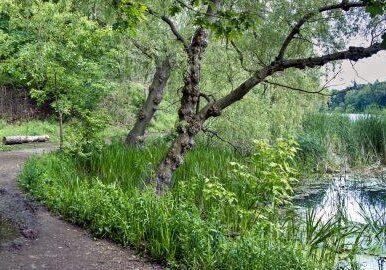
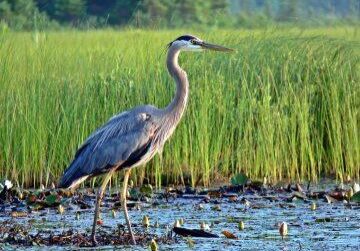
Grenadier Pond
A kilometre long and a half a kilometre wide, Grenadier Pond provides one of the loveliest vistas in High Park. A beautiful trail follows its shoreline leading to occasional lookouts and finally to a marsh at the northern end of the pond. Grenadier Pond and its restored shoreline provides habitat for a variety of fish, turtles, dragonflies and damselflies, birds and other wildlife. Please, note that this is an Environmentally Significant Area, so dogs must be kept on a leash and on-trail.
Grenadier Pond | Waterbirds
Fishing
Fishing is permitted only within the designated areas along Grenadier Pond's southeastern shoreline as marked on the park map. Boats are not permitted on Grenadier Pond. Anglers must have a current license, observe sport fishing regulations and respect the health and safety of wildlife and other park users. Thank you!
Fish in High Park | Responsible Fishing
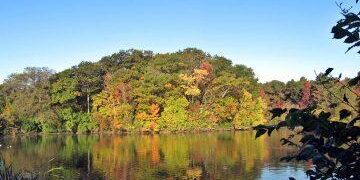
Other Ponds
Although Grenadier Pond is by far the biggest and best known of High Park's ponds, there are several ponds to explore.
Wendigo Pond is a small stormwater retention pond located just north of Grenadier Pond. Another two water retention ponds, the Upper and Lower Duck Ponds, are located in the southeast corner of the Park, and two are located in the northeast corner: Howard and Ridout Ponds.
Learn more about stormwater ponds »
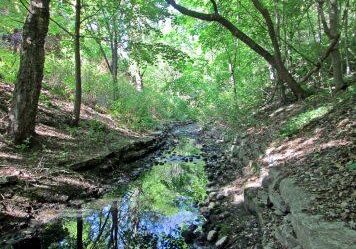
Lost Creeks of High Park
Spring Creek - Much of the historical course of Spring Creek, which now flows south beside Spring Road on the eastern side of High Park, lies buried beneath the neighbourhood north of the Park. Learn more »
Wendigo Creek - Wendigo Creek, on the west side of High Park, originally started near today’s Dundas and Laws Streets. Learn more »
Laurentian River - An ancient river runs under High Park. Learn more »
High Park Stewards Guidebook: Rare Plants of the Endangered High Park Black Oak Savannah
A plant and habitat guide, history of High Park, account of volunteering experiences and catalog of stewardship resources all in one entertaining pocket-sized book.
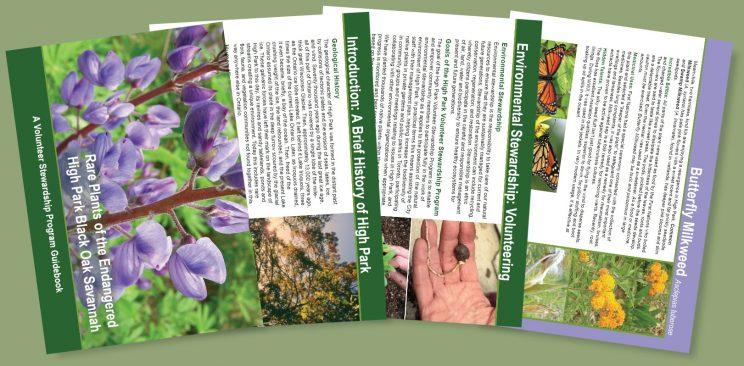
On the High Park Trails
Walking / Hiking / Connecting with Nature in High Park
Birds and Wildlife Watching
High Park is one of Toronto's busiest parks, but it still provides plenty of habitat for migrating and breeding birds and other wildlife. Well over 150 species of birds are seen regularly over the year, and about a third of them breed here. Some mammals, such as squirrels and chipmunks, can be easy to see. Others, such as raccoons, skunks, opossums and bats, are present but mostly out of sight. Learn more »
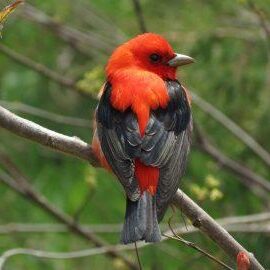
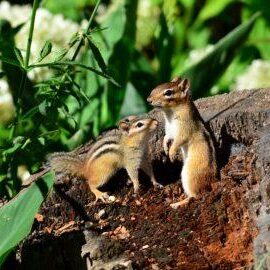
Insect Spotting
High Park's diversity of insects and spiders reflects its varied habitats which include gardens, savannahs, forests and wetlands. The park is a hot-spot for butterflies and moths. An impressive variety of dragonflies, damselflies, bees, wasps, hoverflies, beetles and many other insect species have been found here, and more await to be discovered. Please note: collecting is not permitted.
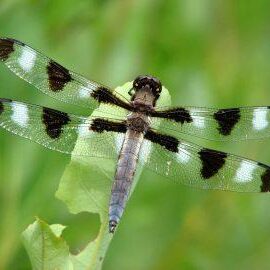
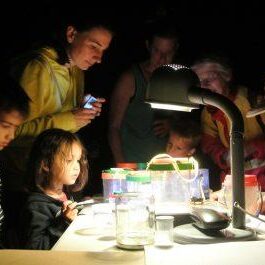
Nature Photography
Whether you take casual shots with your cellphone or carry a full array of camera gear, High Park will provide you with many opportunities for that perfect photo. Some popular subjects include waterfowl and other wildlife at Grenadier Pond, migrant and breeding songbirds in the oak woodlands, and butterflies in the open savannah and ornamental gardens – as well as cherry blossoms in the springtime and rich autumn colours in the fall.
Please keep in mind the following photography etiquette, nicely summarized by :
Please treat the landscape and its inhabitants with respect; stay on established High Park trails to avoid trampling vegetation and always give wildlife plenty of space.
- Do not surround, crowd or follow an animal.
- Never put people (especially children) at risk by posing them with wildlife.
- Do not stalk or pursue wildlife.
- Never follow an animal into the bush.
- Do not try to entice wildlife by feeding or by simulating animal calls.
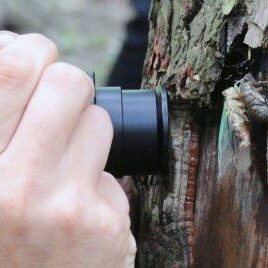
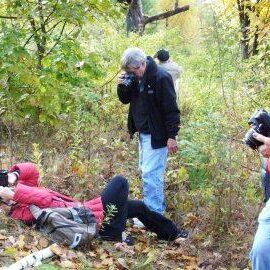
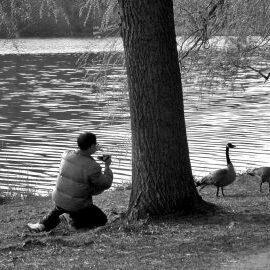
Dog-walking and Dog Off-leash Area
Dogs must be on-leash (except in the designated off-leash area) and under control at all times.
The park is home to many kinds of wildlife that depend on a safe and healthy habitat. Never let your dog chase or harass wildlife.
The High Park off-leash area is 8.5 acres (about 3.5 ha) of open area at Dog Hill plus designated High Park trails. It is intended for all park users, not just dog owners. Learn more »
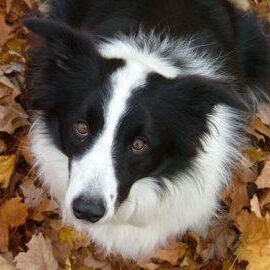

Forest Bathing
Forest Bathing, or Shinrin Yoku, is a practice that originated in Japan. It involves relaxing and connecting to nature while adopting a soft gaze of fascination. The next time you go for a walk in the park, pause to take in the sounds of birds, wind and water, all of which have been associated with calming the mind and body through the activation of the parasympathetic nervous system.
Geocaching
Geocaching has become a popular activity. Here are some useful
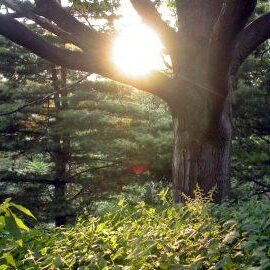
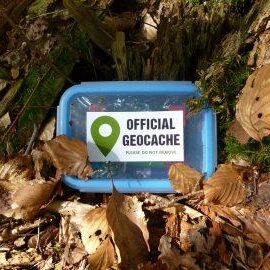
History and Culture Destinations of High Park
- Colborne Lodge. A home of John and Jemima Howard, who left the land to the City of Toronto for the creation of High Park.
- Howard Tomb and other High Park monuments and memorials. Learn more »
- Sculpture Hill and artwork around High Park. Learn more »
- High Park Amphitheater. Shakespeare in High Park is put on by Canadian Stage, and operates in the summer months. Founded as Dream in High Park in 1983, it is Canada’s largest and longest-running professional outdoor theater event. Pay-What-You-Can or reserve a premium seat online.
- High Park Labyrinth. An 11 circuit Chartres labyrinth open to the public all year round and enjoyed by people of all ages. North of Grenadier Cafe.
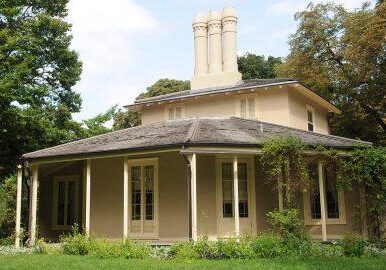
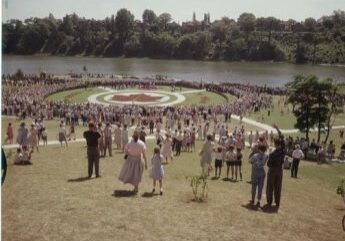
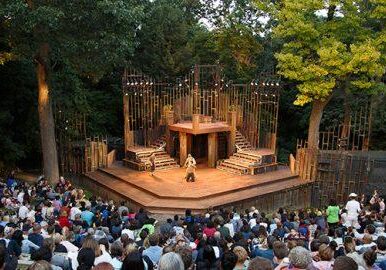
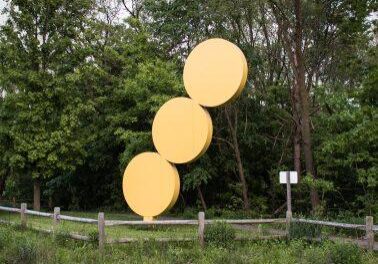
Various Facilities in High Park
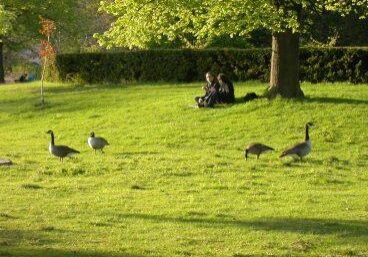
Visitor Services in High Park
We encourage you to get to the park on foot, bicycle, TTC or by similar means instead of by car if you can. Thank you!
Parking in High Park if needed: There are two free parking lots in the park, one at the Grenadier Cafe in the middle of the park and one on Spring Road at the southeast corner of the park. Limited parking is also available along West Road and Colborne Lodge Drive.
Eateries
- Black Oak Cafe - concession featuring fast food and refreshments. Northwest corner of the park, off West Road.
- All Star Cafe - concession selling refreshments. Eastern side of Colborne Lodge Drive, south of Bloor Street.
Picnics in High Park: High Park offers 15 designated picnic sites and 5 picnic shelters for pre-booking. If you wish to have a picnic for 25 or more people, you are required to purchase a picnic permit. They can be booked on a first come, first served basis from 8am to 5:00pm, Monday to Friday, by calling 416-392-8188 or . Note that charcoal BBQ is not allowed in High Park.
Washrooms in High Park: several around the park are open seasonally. The washroom at the Grenadier Restaurant is open year-round (if the restaurant is open). For details check the City website or call 311.
Drinking fountains: at several locations around High Park.

Sports in High Park
Biking: Biking is permitted in High Park on paved roadways and paved pathways only. There are no dedicated High Park biking trails in the park.
Outdoor Swimming Pool: open during summer months, mid-June to Labour Day. On the west side of Colborne Lodge Drive south of the Bloor Street entrance.
Sports Fields: There are 3 baseball diamonds and 2 soccer fields located in High Park south of the Bloor Street entrance.
Outdoor Tennis Courts: There are 3 public courts located on the east side of Colborne Lodge Drive. The on Parkside Drive offers private memberships and limited public hours.
In winter
Outdoor Artificial Ice Rink: open during the winter months. It provides the opportunity for skating, shinny hockey and groups. On the west side of Colborne Lodge Drive south of the Bloor Street entrance. Note that skating is not permitted at Grenadier Pond.
Cross Country Skiing: During the winter months, cross-country skiing is permitted anywhere in the park. Note that no trail grooming is provided.
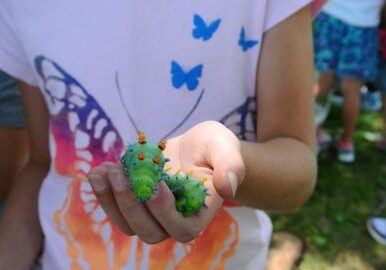
Children's Play Areas in High Park
- High Park is full of wildlife and other natural wonders for babies, kids and children to explore, come to love and care for. Take them to the High Park trails and other nature destinations to start an amazing adventure. They will make exciting discoveries on Family Nature Walks as well.
- There are several playgrounds, including the castle play structures of the Jamie Bell adventure playground, found in the southeast section of the park not far from the High Park Boulevard entrance.
- Wading pool and splash pad are in the northwest section of the park.
- Various sports facilities are available, including an outdoor swimming pool.
- Trackless Train rides can be enjoyed from May to Labour Day on weekdays and weekends from 10:30 a.m. to dusk.
Groups and Programs found in High Park
High Park Stewards
Volunteer Stewards have been working with the City of Toronto since 1996, to protect and restore the remaining natural areas of High Park. Learn more »
- Black Oak Savannah restoration through such activities like planting native species and removing invasive plants, or work in the greenhouse on transplanting and seed-cleaning.
- Wildflower gardening on Boulevard beds »
- Speaker educational series during Winter/Spring season. Learn more »
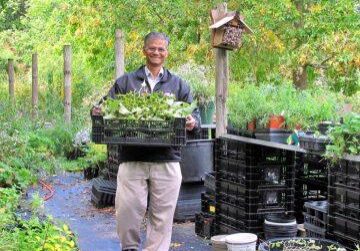
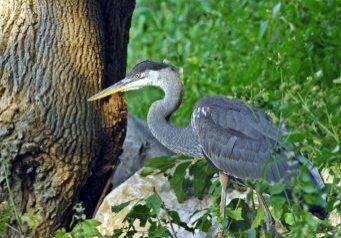
High Park Natural Environment Committee
The High Park Natural Environment Committee is a volunteer group that advises the City of Toronto on the protection and restoration of the natural environment of High Park, and promotes awareness and respectful enjoyment of the park's natural heritage. Learn more »
High Park Nature Centre
The High Park Nature Centre is a non-profit organization established in 1999. The Nature Centre promotes awareness and respect for nature through outdoor environmental education and park stewardship. Nature Centre programs inspire a sense of wonder, knowledge, and respect for High Park’s natural systems; restore human connections to local plants and animals; and engage children and families in ecological restoration activities to ensure a sustainable future for High Park for generations to come.
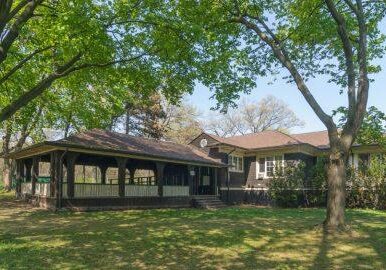
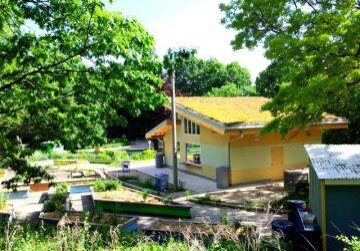
Children’s Gardening and Eco Programs
Toronto has a growing population of budding organic gardeners who learn to plant, water, weed and harvest at the High Park Children’s Garden.
High Park Eco Camp. This is an active fun-filled camp for kids who love being outdoors. From organic gardening to nature exploration and hiking, there is so much that awaits your junior camper.
High Park Children's Garden and Teaching Kitchen. Through nature hikes, organic gardening and healthy cooking they are helping your Eco Kid explore, learn and have fun in High Park. Programs children and youth include Eco Camp, Cooking with Veggies, Watch Me Grow Family Drop-Ins, birthday parties, curriculum linked school programs, the High Park Harvest Festival and more.
Other Ways to Enjoy Plants and Animals in High Park
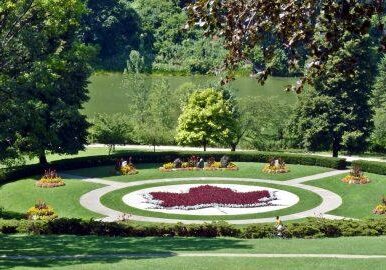
High Park Gardens
A beautiful manicured garden with a feature in the shape of a maple leaf and a collection of three elaborate hillside gardens on the west side of the park have been attracting gardening enthusiasts and amateur photographers since the 1950s. Please note: a permit is required for wedding and other formal photography.
Learn more about High Park gardens »
- Hillside Ornamental Gardens: Sunken Garden, Rock Garden, Hanging Garden.
- Pollinator Garden
- Allotment Gardens
- Gardens at Colborne Lodge
All gardens also provide habitat for a variety of wildlife, including birds, bees and butterflies.
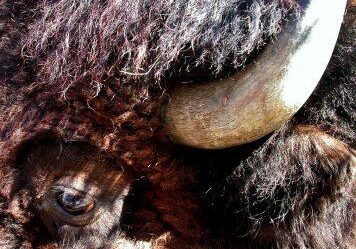
High Park Zoo
The High Park Zoo (or animal paddocks as it has been known) has always been one of the park’s most popular attractions. Keeping animals in the park is a tradition, dating back to 1890 when a few deer were housed in a pen. Today you’ll find domestic and exotic species, including capybaras, bison, llamas, highland cattle and mountain sheep.
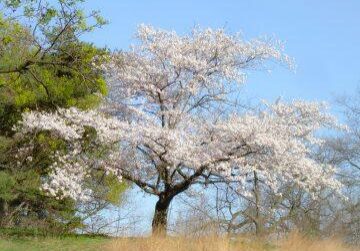
Cherry Blossoms (Sakura) in High Park
Celebrate spring’s arrival with a visit to High Park and participate in the centuries old Japanese tradition of Sakura Hanami, roughly translated as “cherry blossom flower viewing.” The flowering of the Sakura trees is spectacular; peak bloom only lasts about a week. The High Park Nature Centre manages a and has more information about the The blooming of High Park’s Sakura trees typically occurs in late April – early May.
High Park can get very crowded during Cherry Blossom season. Don't forget, there are many other places to see Cherry Blossoms in Toronto:





